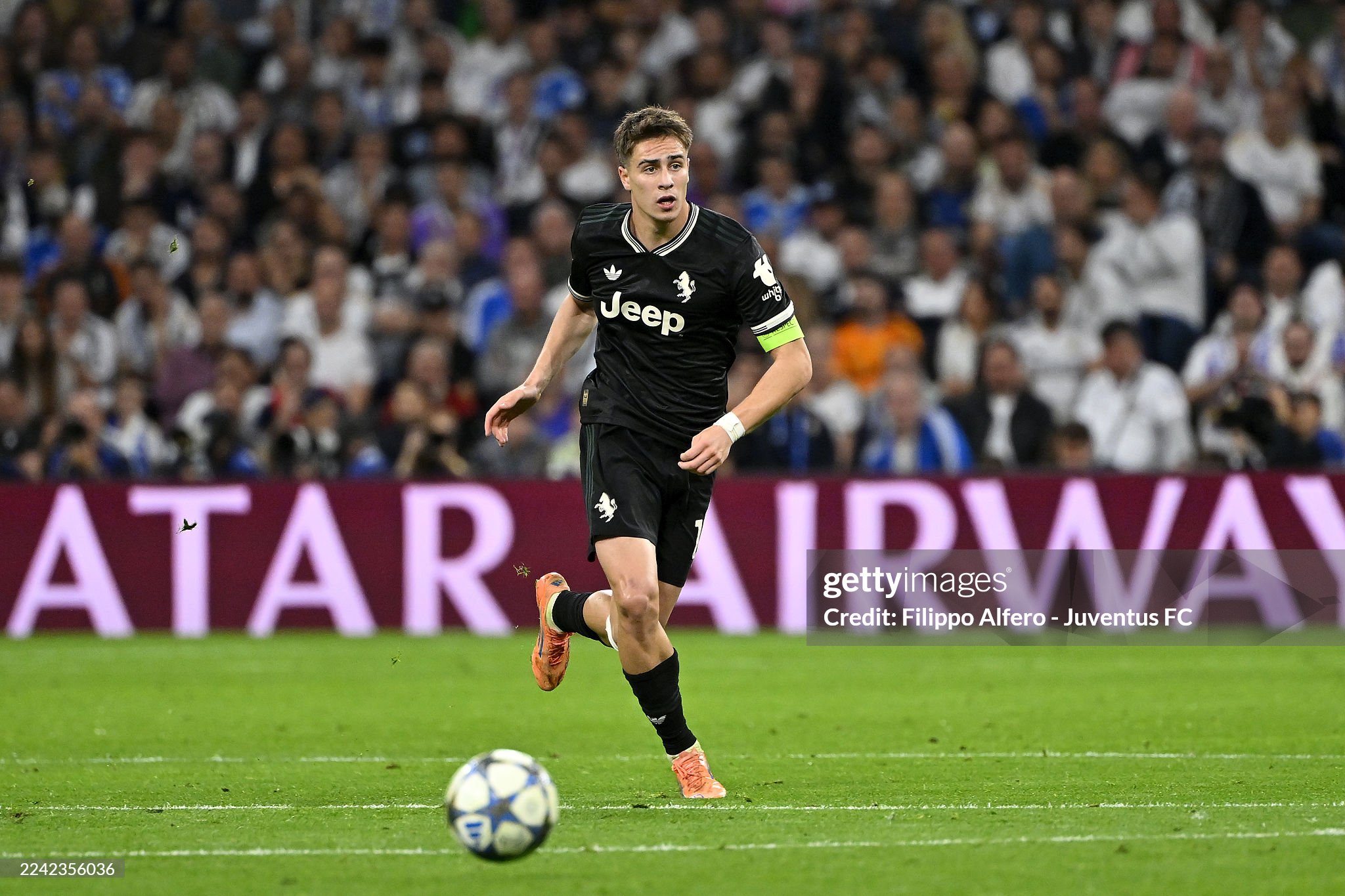LaLiga’s latest matchday report details offensive chants and violent incidents across multiple fixtures, outlines disciplinary pathways, and highlights the LALIGAVS platform’s role in combating stadium violence and abusive behavior.
 Embed from Getty Images
Embed from Getty Images
LaLiga has expanded on its latest matchday incident dossier, detailing a series of violent incidents and offensive chants across multiple fixtures and directing them to the relevant disciplinary and public order bodies.
According to the report, insults were directed at Spain and the national team during the Athletic Club vs Getafe and Osasuna vs Celta matches by sections of the home support. The file also lists targeted abuse toward Atlético de Madrid head coach Diego Pablo Simeone and Barcelona goalkeeper Joan García.
In its narrative of specific events, LaLiga highlights that during Espanyol vs Elche a group of home supporters repeatedly chanted the phrase “We want Joan’s head,” explicitly referring to Barcelona goalkeeper Joan García. The match delegates recorded the chant as hostile and threatening in tone. Separately, during the clásico at the Santiago Bernabéu, insults against Barcelona and its fans were documented on four distinct occasions, which were timestamped and included in the report with contextual notes about the game state and the areas of the ground involved.
LaLiga’s document also covers incidents at Betis vs Atlético de Madrid. In the 70th minute, portions of the Betis crowd insulted Simeone, the Atlético team as a whole, the match referee, and supporters of local rivals Sevilla. These events were captured in the official delegate’s notes and supported by audiovisual evidence collected on site. In Deportivo vs Valladolid, the report states that segments of the home support insulted the referee and Celta de Vigo, behavior that, while not directed at either team on the pitch, still falls within the scope of sanctionable conduct under current competition and public order frameworks.
Beyond listing episodes, the report explains the follow-up pathway. LaLiga compiles observations from its match delegates, security officers, and stadium control rooms, and forwards them to the Competition Committee and to the State Commission responsible for combating violence, racism, xenophobia, and intolerance in sport. These bodies can open disciplinary proceedings, request further evidence, and propose measures that range from fines and warnings to partial stadium closures and more stringent security obligations for host clubs. Clubs may also be asked to identify perpetrators using CCTV and ticketing data, strengthen public address protocols, and cooperate with on-site security to prevent repetition.
A central tool in this process is the LALIGAVS platform, through which LaLiga gathers reports, suggestions, and requests from supporters who attend matches. The platform functions as a real-time and post-match feedback channel. Submissions can include details such as the exact minute of a chant, the stand or block where it originated, and any aggravating elements, which are then cross-referenced with delegate notes and existing footage. LaLiga views this collaborative model as a way to broaden visibility inside the stadium and to accelerate the identification of problematic behaviors.
The organization underscores that the objective is not only punitive but also preventive. Clubs are encouraged to reinforce their pre-match and in-stadium messaging, reminding fans of conduct rules and the consequences of violating them. Security plans are expected to include clear escalation ladders for stopping discriminatory or violent chanting, and stewarding teams receive guidance on how to intervene safely and effectively. Some clubs have introduced additional signage, improved PA scripts, and rapid-response protocols for repeated chants, integrating these steps into their matchday operations.
LaLiga has for years advocated for clearer and stronger competencies in the fight against violence and discriminatory behavior in football environments. The league argues that a coherent and enforceable framework helps protect players, coaching staff, match officials, and the overwhelming majority of fans who attend in good faith. While each incident is judged case by case, LaLiga emphasizes consistency, urging that similar behaviors should attract comparable responses regardless of club, player, or stadium. This stance is intended to reduce ambiguity, deter repeat offenses, and make compliance expectations clear for all stakeholders.
The latest dossier also situates these events within a broader context of ongoing efforts to improve stadium culture. LaLiga points to educational campaigns, club-level fan liaison work, and collaboration with supporter groups, stressing that meaningful change requires participation from the entire football community. The league maintains that reporting mechanisms and sanctions are one part of a larger strategy that includes dialogue, transparency, and continuous monitoring of matchday environments.
Next steps typically include the review of the file by the competent committees, potential requests for supplementary material, and the publication of decisions that may include sanctions or conditions for future fixtures. Clubs named in the report will likely submit observations, outlining measures already taken during the game and additional steps planned for upcoming matches. The expectation is that these processes contribute to a safer atmosphere and that persistent patterns, once identified, are met with firm and proportionate action.
By documenting incidents across several matches in a single matchday, LaLiga’s report aims to underline that abusive and violent conduct, whether directed at national symbols, rival clubs, named individuals like Diego Pablo Simeone, or players such as Joan García, is unacceptable. The league reiterates that the same standards apply across all fixtures and that the combination of reporting, evidence collection, disciplinary pathways, and preventive work remains the cornerstone of its approach to eradicating these behaviors from Spanish football.








